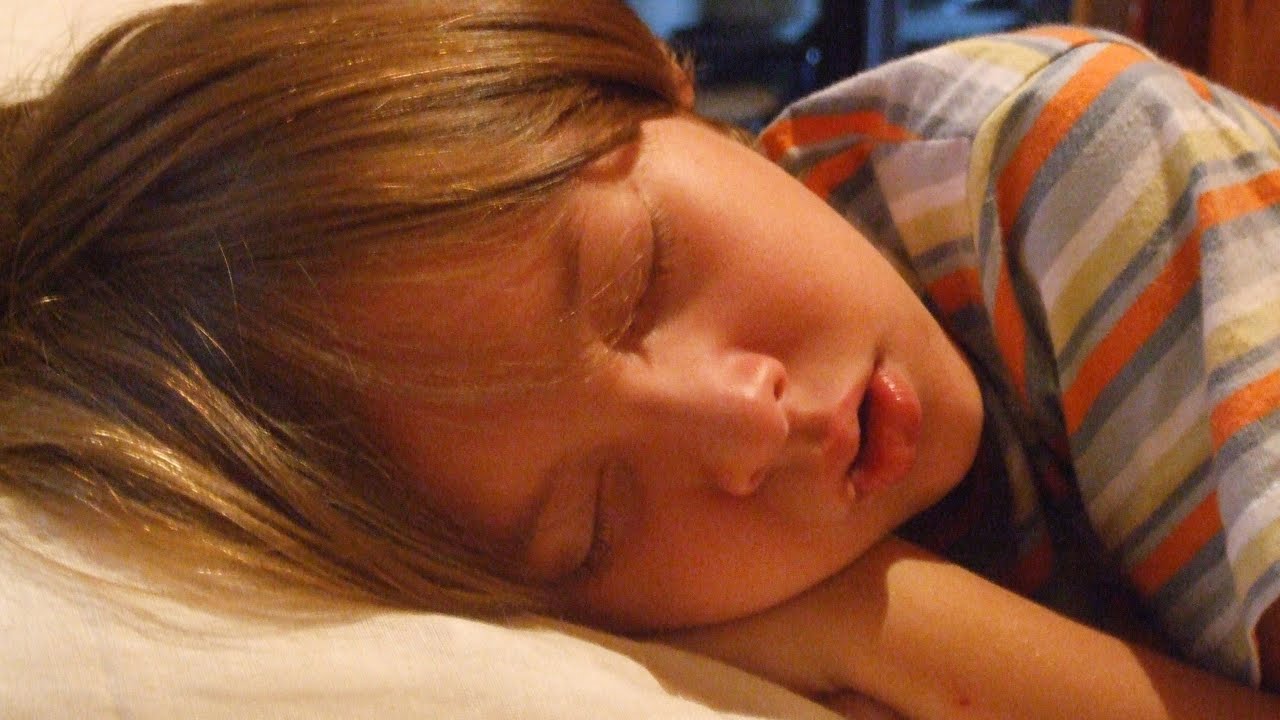
Most parents are confused about how much sleep their children need. The fact is that some kids function better on less sleep than others. The recommended amount of sleep per child depends on age and gender, so there is no hard and fast rule. This article discusses the recommended sleep schedule for children, teens, and preterm and premature babies. Read on for the latest research and learn about your child’s needs! The answer may surprise you!
Children need 9-11 hours of sleep a night
Typically, children between the ages of five and eleven need nine to eleven hours of sleep per night. However, sleep needs can vary greatly from child to child, and some can function on less sleep than others. Regardless of age, these recommendations do not set in stone and are subject to change. In addition, many parents don’t even know how to implement a sleep schedule for their child. Fortunately, there are a number of strategies for getting a kid to sleep in a reasonable amount of time.
It’s important to remember that too little sleep is detrimental to the health of your child. While most parents believe their children need nine to 11 hours of sleep per night, studies show that children between the ages of two and five should get between nine and 11 hours of sleep each night. As a result, parents and children should set strict bedtimes, avoid eating big meals too late in the evening, and limit their use of technology an hour before bedtime.
In addition to being able to stay awake and learn, children also need sleep to grow and develop. Lack of sleep can also affect motor skills, brain development, and physical coordination. A child’s growth hormone production increases when they sleep, and without enough sleep, the child won’t develop properly. Children who don’t get enough sleep also tend to put on weight. Lack of sleep increases the amount of stress hormones, which promote stress eating. So, while it’s important to allow your child to sleep in at night, it’s equally important to ensure they get the recommended amount of sleep.
The ideal amount of sleep a child needs depends on several factors, including their age, physical development, and mood. While children need nine to 11 hours per night, some need more. Those recovering from illness or experiencing sleep disorders may need more sleep. In addition, girls may need more sleep than boys. As kids grow older, their sleep needs decrease. During the teenage years, children’s needs are lower.
Teenagers need 10 to 13 hours of sleep a night
Teenagers are notorious for sleeping in late and staying up late, but they also have a different internal clock than adults. Their internal clock determines their body temperature, sleep cycles, and hormone levels. The biological processes that follow this clock are known as circadian rhythms. During puberty, this internal clock changes, delaying sleep and making it difficult for teens to get a good night’s sleep.
Research has shown that poor sleep can lead to mental health disorders. Sleep is crucial for the proper functioning of nearly every system of the body. It helps regulate hormone levels, and enables muscle and tissue recovery. Adolescence is a critical time for physical development, and lack of sleep can negatively affect this development. Sleep deprivation has been linked to higher rates of cardiovascular disease and diabetes. Fortunately, there are ways to improve sleep and make it more productive for adolescents.
Teenagers need 8 hours of sleep each night, but few teens meet this target. With so many demands on their time, it is no surprise that a sleep-deprived teenager may feel sleepy most of the time. In addition to affecting the ability to concentrate, a lack of sleep can lead to moodiness and irritability. In addition, sleep-deprived teens have higher rates of accidents and higher blood pressure. Chronic lack of sleep can also lead to depression, self-harm, and other negative mental health consequences.
The answer to the question of how much sleep do teenagers need is actually more complicated than you might think. Teenagers have different sleep-wake patterns than children, and they often release melatonin later at night. The result is that teenagers typically wake up later than younger children. They often over-sleep during the weekend to compensate for the deficit. Eventually, this may lead to extreme moodiness, poor school performance, and depression. Teenagers are also more likely to drive while sleepy, which is a recipe for disaster.
When it comes to sleep, teens need at least eight hours a night to be healthy. In addition to sleeping eight hours a day, teens need plenty of sleep. It is also important to set a bedtime routine. Try to wake up at the same time each night and avoid excessive light exposure in the evening. Lastly, make sure to limit technology and TV time before bedtime. Avoid caffeine, energy drinks, and television in the hours before bed.
Toddlers need 11 to 14 hours of sleep a day
Every parent will face this dilemma at some point. A healthy sleep schedule is crucial for your child’s development. While most adults require around nine to eleven hours of sleep each night, toddlers and preschoolers need anywhere from 11 to 14 hours. Kids need sleep because their brains are still immature and develop during their sleeping hours. For this reason, it’s important to establish a consistent bedtime and wake up time.
Generally, toddlers are ready for bed between 6.30pm and 7.30pm and sleep the deepest between 8pm and midnight. It’s important to keep a consistent bedtime routine for your child, and check the room for any activity before switching off the lights. Ideally, you and your toddler should be in bed together by 8pm. But don’t let them stay up too late – you don’t want to spoil their sleep by staying up past their bedtime.
The National Sleep Foundation recommends that toddlers need at least eleven to fourteen hours of sleep per day. However, a couple of exceptions can be made. Some children can get as little as nine to ten hours of sleep per day, while others can get up to 16 hours per day. If your child is struggling to sleep at night, you may want to consider switching them to an afternoon nap. That way, they can get the sleep they need at the right time.
The American Academy of Sleep Medicine has published guidelines that reflect a child’s total amount of sleep in a 24-hour period. When adding up the hours, parents must account for naps as well as other common conditions. This is important because it could mean that your child needs to be taken to the doctor for medical treatment. And remember that the more sleep they get, the healthier they will become. If you’re concerned, consider consulting with your child’s pediatrician.
When it’s time for your child’s second nap, try to avoid having too many after-school activities. It’s also a good idea to reduce your child’s daytime sleep if they’re taking longer to sleep. This could mean that they need an extra nap to recharge themselves. And if you don’t want to miss the morning nap, make sure to plan one after lunch. The afternoon nap should be shorter than two hours, as too-long naps will interfere with their ability to get enough sleep at night.
Premature or preterm babies require more sleep
While full-term babies need about twenty-two hours of sleep a day, premature or preterm babies need more. While this may seem like a lot of sleep, premature babies still have a lot to catch up on. For example, a newborn infant may sleep up to 22 hours a day during the first couple of months. Then, as the child matures, their sleep patterns will become more predictable.
In the present study, both full-term and premature infants had a PSG performed at six months. PSG and actigraphy data were also collected. Subjective sleep measures included duration and frequency of crying and mouth breathing during the night. The PSG score was calculated according to AASM-2007 guidelines. In addition to objective measures, the data was analyzed using statistical software packages. Statistical analyses included correlation coefficients, Chi-square tests, and Pearson correlation coefficient.
Changing the baby’s sleep pattern may take a few weeks. A term baby may sleep through the night by four months, while a preterm infant may not start to do so until around six to eight months old. When a preterm baby is crying, keep an eye on their sleep pattern. During the day, keep the environment quiet and soft. Feed your baby about an hour before bedtime.
Parents of a preterm or premature baby will be concerned about their newborn’s health, and will be asking their doctor to give extra care for their baby. But don’t panic! If you notice your baby sleeping longer than usual, don’t panic! Those extra hours of sleep will be well worth it in the long run! This is one of the many reasons that a preterm or premature baby needs more rest.
There are a lot of nuances to understanding fetal sleep. A common mistake is focusing on the duration and frequency of awake time. Sleep also influences a child’s psychosocial and neurodevelopmental health, so service providers should pay close attention to preterm or premature infant’s sleep habits. In addition, if a preterm infant’s sleep-wake patterns are atypical, it may be indicative of underlying neurological or medical problems. For this reason, it is important to treat premature or preterm infants as you would a child born at term.


